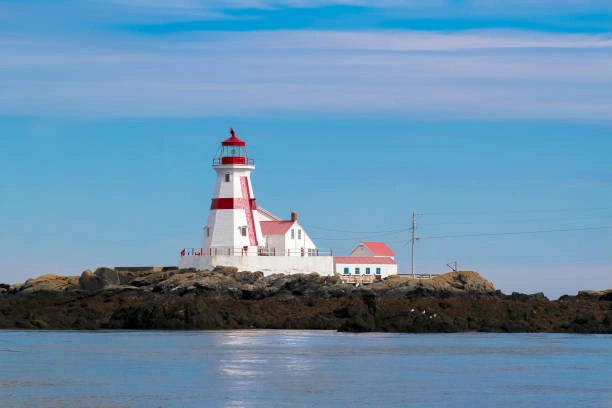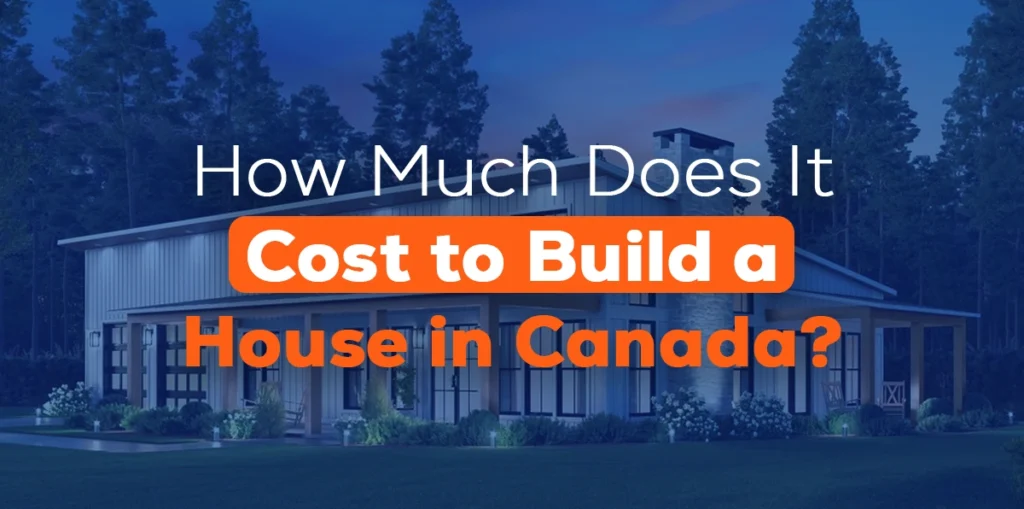How Much Does It Cost to Build a House in Canada? 2026

Oliver Jack
Updated on Jan 17th, 2026
Oliver Jack
Updated on Jan 17th, 2026

Building your dream home in Canada? You’re looking at $200 to $400 per square foot for a quality custom build in 2026, but that’s just the starting point. The total cost depends heavily on where you live, your design choices and how much you’re willing to spend on finishes. In major Canadian cities like Toronto and Vancouver, you’ll pay significantly more or sometimes double compared to rural areas.
After managing hundreds of construction projects across Canada, I’ve seen budgets swing wildly based on factors most people don’t consider upfront. Let me break down exactly what you’ll spend and how to avoid the costly surprises that catch most first-time builders off guard.
Key Takeaways
- Average construction costs: $200-400 per square foot nationally, with major cities reaching $550+
- Production homes are significantly cheaper: $185-315 per square foot in Vancouver vs. $485-1,225 for custom builds
- Land costs can be your biggest expense: $200+ per square foot in urban areas, under $50 in rural regions
- Hidden costs add 15-25% to your budget: permits, inspections, utility connections and landscaping
- Construction financing typically covers only 75% of costs, requiring substantial down payments
- Labour shortages continue to drive costs up across all provinces, with Western Canada seeing 4-7% higher increases than eastern provinces, and construction costs increased 3-6% nationally from 2025 to 2026
Construction Costs Per Square Foot in Canada
Here’s the reality check nobody wants to give you: that “$200 per square foot” you keep hearing? That’s probably the lowest you’ll pay for basic construction, and it doesn’t include your land, permits, or about a dozen other essential costs.
National Average Construction Costs (2026)
Production Homes (Limited Customization):
- Halifax: $110-170 per square foot
- Calgary/Edmonton: $145-230 per square foot
- Toronto: $210-290 per square foot
- Vancouver: $190-330 per square foot
Note: Costs have increased approximately 3-6% from 2025 levels due to ongoing labor shortages and material cost adjustments.
Custom Built Homes:
- Halifax: $275-555 per square foot
- Toronto: $350-550 per square foot
- Vancouver: $485-1,225 per square foot. I recently did estimates for two identical 2,500 square foot homes, one in rural Alberta ($180/sq ft) and another in downtown Toronto ($420/sq ft).
What Drives These Regional Differences?
Urban vs. Rural Building Costs:
- Urban areas have higher labour rates but better material access
- Rural builds often require septic systems, well drilling and longer utility runs
- Material transportation costs can add 10-15% in remote areas
- Municipal requirements vary dramatically between cities
Provincial Variations:
- British Columbia: Highest costs due to seismic requirements and environmental regulations
- Ontario: Expensive due to demand, especially in the Golden Horseshoe
- Alberta: More affordable but oil industry fluctuations affect labour availability
- Maritime provinces: Generally lowest costs but limited skilled labour pool
Construction Timeline & Payment Schedule
Typical 8-14 months remains accurate for custom homes, 4-8 months for production homes
